
A story about Ômura Masujirô
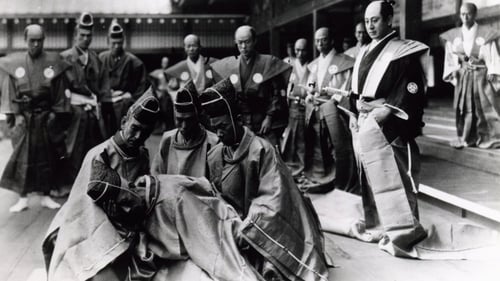
Este é um filme dividido em duas partes.
A primeira parte foi lançada originalmente no Japão antes do ataque a Pearl Harbor. O filme foi adaptado a partir da peça de Seika Mayama. A película desenvolve a crônicas do final da vida dos 47 Ronin, que tornaram-se (baseado historicamente) uma lenda na história japonesa.

A Man of the Arts

Followup film to Osaka Elegy - Osaka Woman

Osata
O filho adotivo de um ator renomado descobre que só é elogiado nos palcos e poupado das críticas negativas por ser o herdeiro do seu pai, e que seus colegas o menosprezam pelas costas. Somente uma empregada da familia é honesta com ele e tem coragem de lhe dizer a verdade, ainda assim incentivando-o para que continue na profissão.
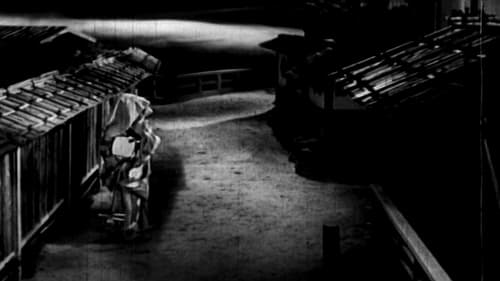
Osen
A quintessential example of the period "ghost cat" (bakeneko or kaibyo) movie, this was one of at least six such titles released by the studio Shinko Kinema between 1937-40 featuring Japan's first scream queen, Sumiko Suzuki. Here she plays Mitsue, the possessive onna-kabuki actress betrothed to apprentice shamisen player Seijiro. When one day Okiyo, a beautiful young girl of samurai class, is led to Seijiro's house by his lost cat Kuro, she becomes besotted with him. Dark jealous passions are invoked in Mitsue, which are intensified when Seijiro gifts Okiyo his precious shamisen. The cat is the first to suffer at the end of Mitsue's hairpin, but returns from the grave to assist Okiyo's younger sister Onui avenge her sister's murder.
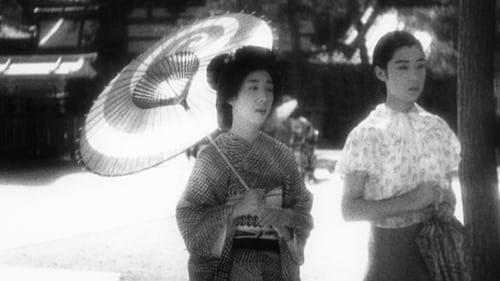
Umekichi
Umekichi, a geisha in the Gion district of Kyoto, feels obliged to help her lover Furusawa when he asks to stay with her after becoming bankrupt and leaving his wife. However her younger sister Omocha tells her she is wasting her time and money on a loser. She thinks that they should both find wealthy patrons to support them. Omocha therefore tries various schemes to get rid of Furusawa, and set themselves up with better patrons.
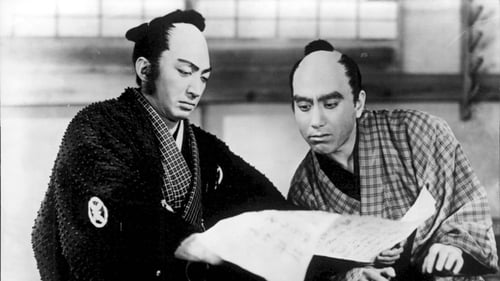
Masaoka
A samurai is ordered by his lord to go to Edo and investigate the truth behind the rumor of a rebellion against him.
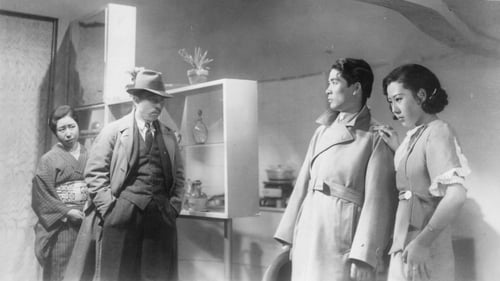
Sumiko Asai
Ayako becomes the mistress of her boss so she can pay her father's debt and prevent him from going to prison for embezzlement.

Japan's first feature film directed by a female. The film was about the naïve, premature emotions between a young geisha-to-be and a youth destined for Buddhist priesthood; it concluded with their separation.
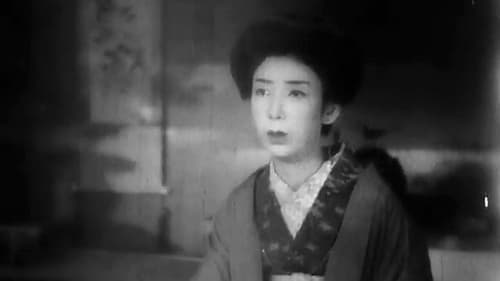
Fujio's mother
Based on Soseki Natsume’s 1908 novel of the same title, Poppy is an ornately complicated story of desire and ambition. Fujio is beautiful, talented, well-heeled, and engaged to Munechika, a rising young diplomat. She has promised him a gold watch, a family heirloom, as an emblem of their engagement. But she falls in love with Ono, a student employed to tutor her in English, who is attracted by her beauty and wealth. Ono is himself bound by an engagement to Sayoko, the daughter of his mentor, Professor Inoue. The self-centered Fujio is ready to forsake everything for Ono, but he is prevailed upon to go ahead with his marriage to Sayoko. Fujio then offers the watch to Munechika who, perceiving Fujio’s true feelings, hurls the watch into the sea.

Michiko Yokoi
When a civil war threatens to break out, two geishas flee from their village with aristocrats. During the long journey, the socially inferior women prove to be morally superior to their betters.

Kenji Mizoguchi is credited as “supervisor” on this rare Japanese genre film, which stars the stunning Isuzu Yamada (Osaka Elegy, Throne of Blood) as a professional criminal, part con woman and part martial artist, who falls in love with a young man from the straight world.

Directed by Kenji Mizoguchi. Released in 2 parts. His only release of 1931

Okichi
Tōjin Okichi is a 1930 film by Kenji Mizoguchi based on the novel by Gisaburo Juichiya. Only 4 minutes have survived. The fragment has been published on DVD coupled with The Downfall of Osen (1935) by Digital MEME in 2007.

A Japanese silent film

Directed by Kichiro Tsuji.

Silent Japanese film.

Silent Japanese film.

Silent Japanese film.

Directed by Yutaka Abe.

Hamako Kasugai
A twice-remade ironic comedy about a writer's encounter with a female thief.

Directed by Yutaka Abe (as Jack Abe).

Directed by Kenji Mizoguchi.

Kawase Machiko










